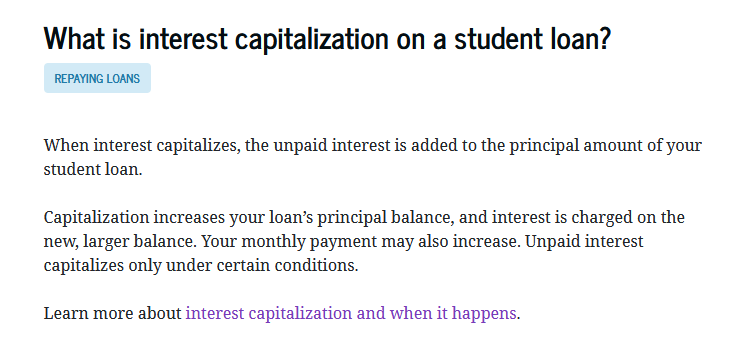|
Uthor posted:For some reason, Capital One has not raised the interest rate on my account over there, so they're only giving me what I was getting like 3 years ago (I think less than 1%). Saw other people complaining about it, so check your rates! That "some reason" is like the whole point of running a bank and taking consumer deposits. When interest rates go up they get to make more money by paying the same old below-market interest since most people won't bother shopping around.
|
|
|
|

|
| # ¿ May 10, 2024 13:54 |
|
If the intention is for him to spend it on ipad games and not save millions for his future can't you just get a "teen checking account" instead of doing the complicated legally protected savings thing? Most banks offer something like that where the underage kid and a parent get signed up as joint owners of the account, and the parent can then monitor the kid's balance or add or withdraw funds or whatever since they're also an account owner. e: to clarify I'm also a newbie and I don't really know anything about UTMA but I had a teen checking account with a debit card when I was young and it seemed simple enough. RPATDO_LAMD fucked around with this message at 02:43 on Jan 14, 2024 |
|
|
|
It sounds like the Yeti already knows their payment strategy and is just asking for a more intuitive mathematical explanation of why avalanche works better so they can feel confident in their choice. What you might wanna try is working out the differences with a spreadsheet or a calculator so you can see for yourself that it's better. From googling around there's an online calculator here that you can play around with to see the different lifetime payments you'll make in different scenarios. RPATDO_LAMD fucked around with this message at 21:10 on Jan 29, 2024 |
|
|
|
I saw some stuff about student loan interest capitalization on studentaid.gov and I'm very confused Isn't that how interest always works? How is this different from "normal" interest on credit cards, loans, or any other kind of debt? Why does the loan exit counseling page have a whole section on "understand when interest capitalizes"? Or is it that most interest on credit cards, mortgages etc capitalizes automatically but student loans are unique in sometimes not capitalizing? In which case they seem to be explaining it exactly backwards in the hardest-to-understand way.
|
|
|
|
Well I get that part but what I dont understand is why this has a name and a whole info page on "in what situations does student loan interest capitalize". Because the "$5 unpaid interest gets added to your balance and future interest payments are calculated off that" sounds exactly how normal non student loan debt works. e: of course yeah there normally won't be unpaid interest if you're financially healthy but it can come from missing payments or from predatory companies like payday loan places. or like the irs charging interest on unpaid back taxes you owe. but it's just how compound interest always works RPATDO_LAMD fucked around with this message at 03:47 on Mar 29, 2024 |
|
|
|

|
| # ¿ May 10, 2024 13:54 |
|
Another question: If I have student loans with interest under 5% and HYSAs currently pay 5.3% I should just never pay them right? Choose the longest term repayment plan with the lowest monthly payments (but highest total amount paid) and then only ever do the minimums, invest extra cash into bonds or index funds or something instead of using it to pay down the debt. And then possibly cash out those investments to pay the loan balance if rates go down? Or is there some subtle complication with interest gains that changes the math here.
|
|
|




